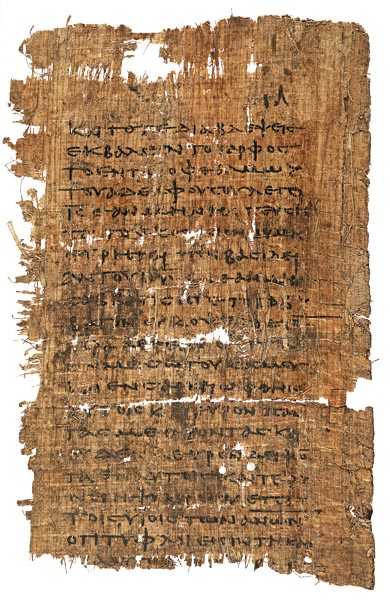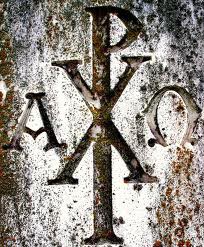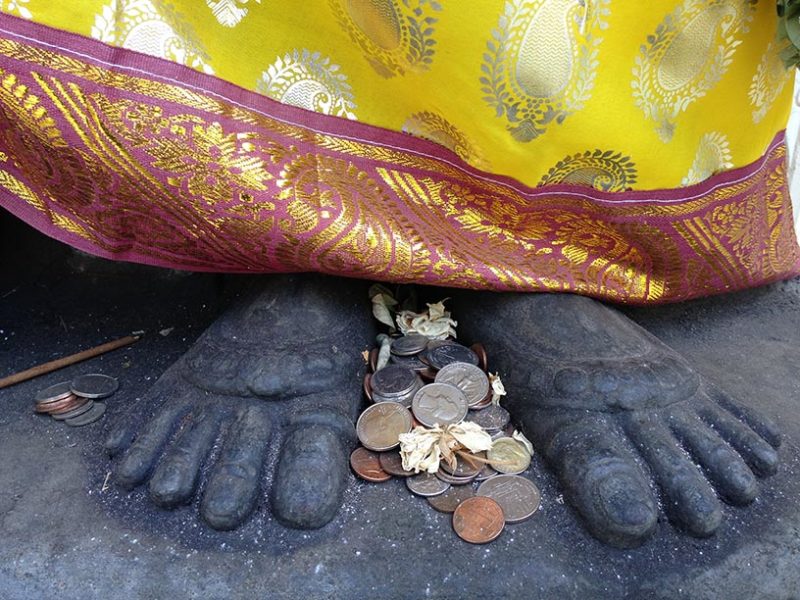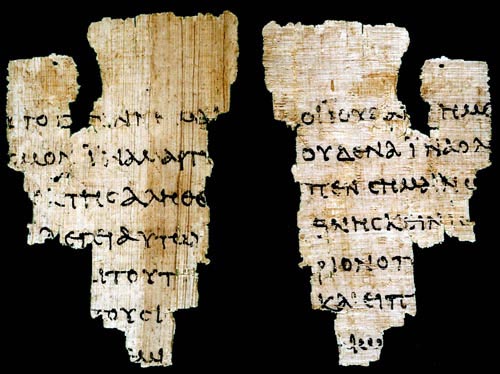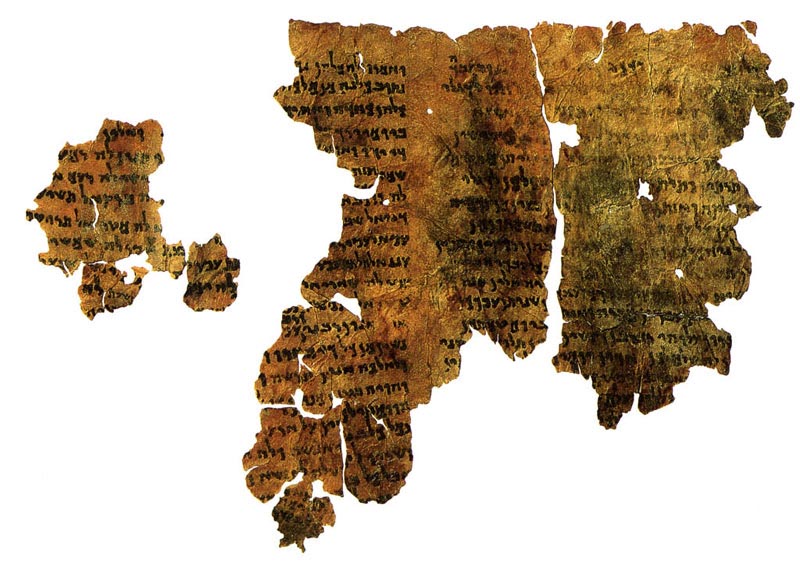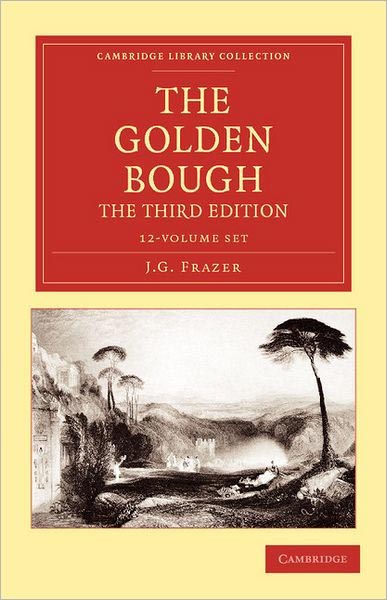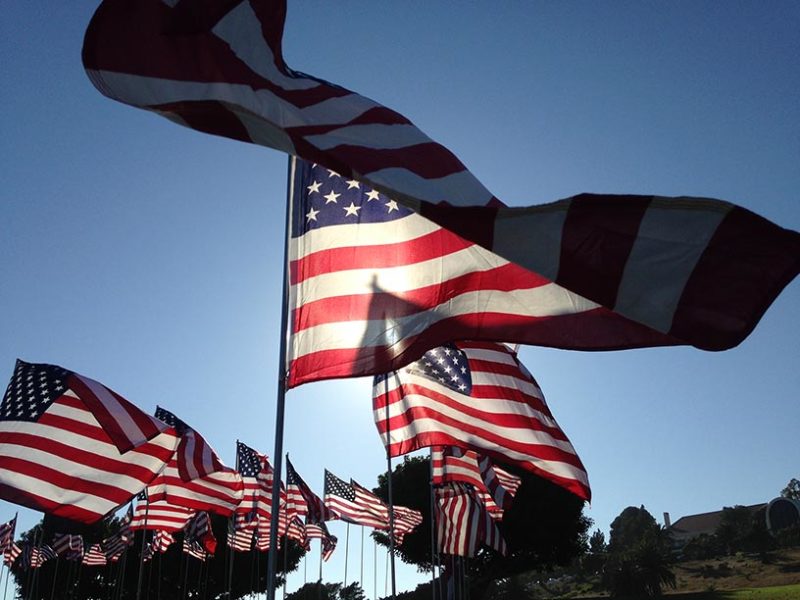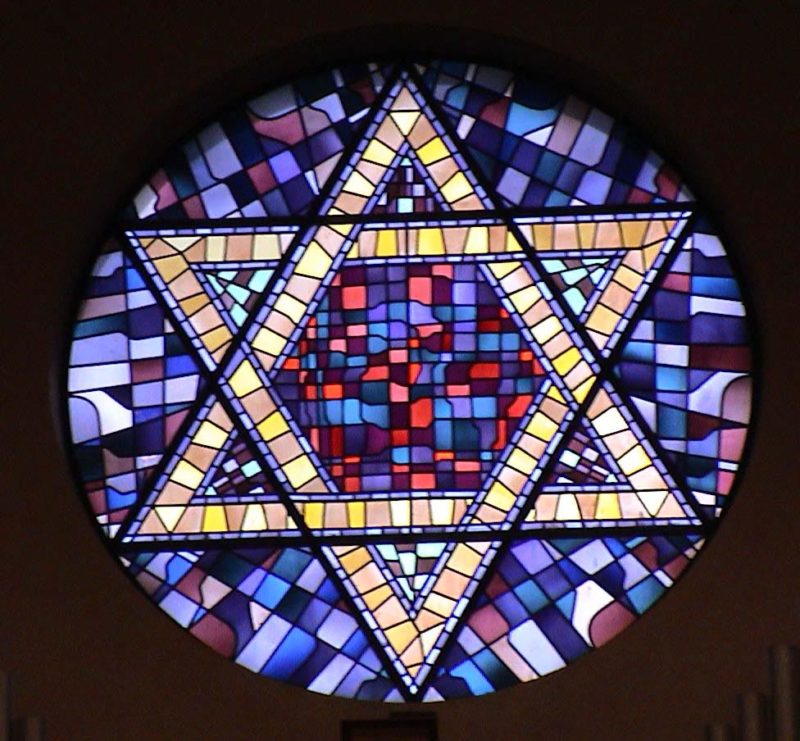This course is a survey of the Christian movement from its origins to circa 160 CE, stressing its continuity and discontinuity with Judaism, various responses to Jesus of Nazareth, writings produced during this period, the Jesus movement’s encounters with its religious, social, and political world(s), and various methods of research pertinent and applicable to the study of Christian origins. The learning outcomes of this course include becoming acquainted with the history, literature, and material remains of early Christians in and around the decades following the time of Jesus; analyzing the controversies that facilitated the emergence of early “orthodox” Christian beliefs, practices, texts, ethics, and communities.
This course is a study of the historical person of Jesus through readings in the Gospels, historical Jesus research from the past two centuries, and the various cinematic portraits of Jesus from the silent picture era to the present. Students will become acquainted with the methodological tools of historical Jesus research and critical film studies.
Since September 11, 2001, the relationship between religion and violence has become a central topic of discussion in the study of religion and contemporary politics. This course is designed to introduce students to the identification, evaluation, and critical analysis of different theoretical approaches to the study of religion and violence as well as the contemporary practices, ideologies and imagery that deploy violence and non-violence. Although this course focuses on the history of violence in Judaism and Christianity, course materials survey a range of theoretical approaches to the study of the relationship between religion and violence, including Rene Girard, Walter Burkert, and William Cavanaugh as well as case studies in contemporary politics. Topics will also include “Just War” theory, religious terrorism, animal/blood sacrifice, and martyrdom.
This course is an introduction to the varieties of religious experience, tradition, and community in the Greater Los Angeles area, providing a deeper understanding of the many ways that the “sacred” is made manifest and experienced in this urban environment. The major anthropological, historical, psychological, and sociological approaches in the study to religion will be introduced as theoretical frameworks for assessing and understanding the religious diversity of Los Angeles. Special attention will be placed on the role(s) of ethnicity, gender, nationality, and race in the formation and shaping of the religious landscape.
This course surveys the New Testament writings in their first-century Mediterranean cultural setting, exploring how early Christian communities adapted Jewish tradition and society, as well as the ideas, culture, and beliefs of ancient Greece and Rome. Students will become acquainted with the Christian scriptures of the New Testament, an overview of early Christian history, and the varieties of ancient Christianity.
This course surveys biblical writings in their ancient social, political, and cultural contexts. Students learn comparative methods of literary and historical interpretation with special attention to how reconstructions of the ancient world affect our understanding of these writings. The goal of this course is to pursue questions concerning the history, meaning, and interpretation of religious texts and acts, and the broader contexts in which religion evolves by developing the critical skills needed to investigate historical and theological texts, terms, and narratives.
This course surveys biblical writings and examines them in their contemporary social, political, and cultural contexts. Students learn comparative methods of literary and historical interpretation with special attention to how reconstructions of “the Bible” affect our understanding of these writings. The goal of this course is to pursue questions concerning the history, meaning, and interpretation of religious texts and acts, and the broader contexts in which religion evolves by developing the critical skills needed to investigate historical and theological texts, terms, and narratives.
This course is a survey of major modern theories, methods, and approaches to the study of religion situated within their respective historical, philosophical, and social contexts. Critical consideration of changing and contested meanings of the term “religion” and its relationship(s) to such categories as science and magic, as well as to other domains of social experience. Examination of how the study of religion has interacted with other academic fields, especially biblical studies, anthropology, sociology, and psychology.
This course explores the religious history of the United States from the colonial period up through the modern period (1776-present), including the post-9/11 era. Although religious histories of the United States tend to focus on the Pilgrims and Puritans and the development of religious freedom in the First Amendment of the Constitution, this course takes a wider view of the roots of religious and cultural diversity. By focusing on how religion formed a common meeting ground for various expressions of Western European Protestantism, Roman and Orthodox Catholicism, Judaism, Islam, South/East Asian, African, and Indigenous traditions, this course explores how different religious traditions coexist, intersect, and provide historical and theoretical opportunities and challenges in understanding the history of religion in the United States.
The goal of this course is to pursue questions concerning the history, meaning, and interpretation of the religious texts and practices associated with the Jewish tradition. Students will become (re)acquainted with the Jewish scriptures, an overview of Jewish history, and the varieties of ancient and contemporary Judaism, including the first-century Jesus movement which adapted Jewish traditions as well as the ideas, culture, and beliefs of ancient Greece and Rome.
